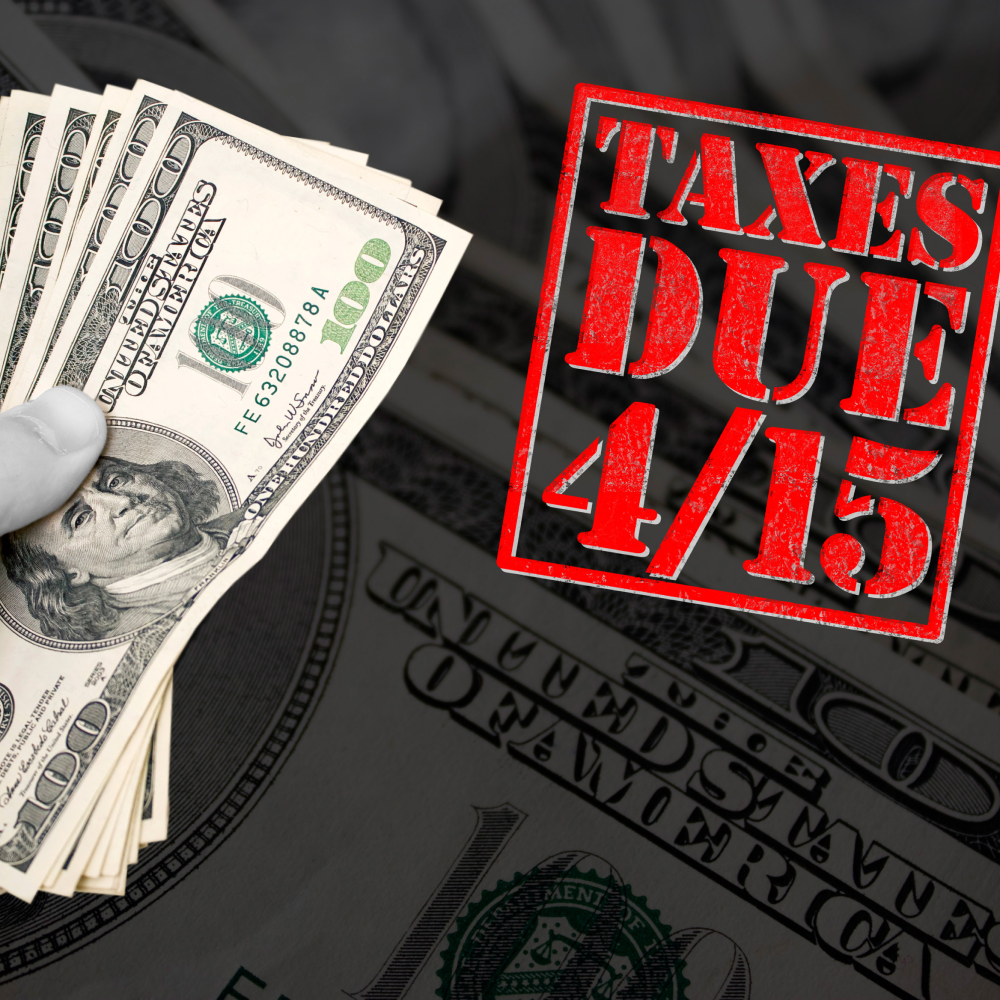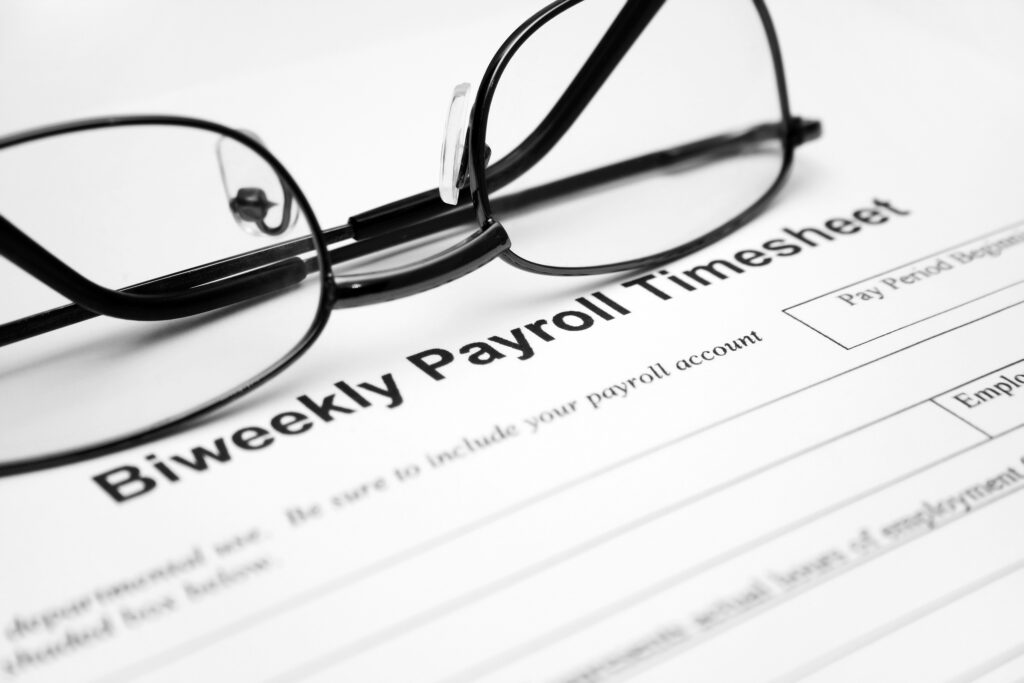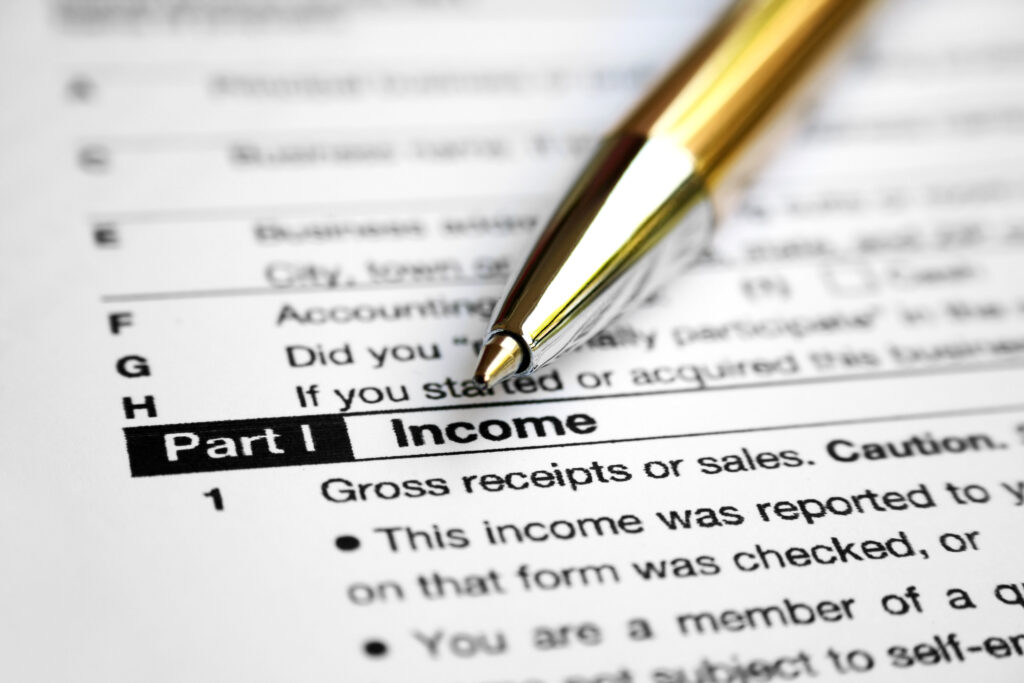12 Tax Planning Strategies to Discuss with Your Accountant Before Year-End
Home > Our Story

As the end of the year approaches, it’s essential to engage in tax planning discussions with your accountant to optimize your financial situation and minimize your tax liability. At Hallows & Company we love to meet with as many clients as we can because we understand that effective tax planning can help you take advantage of available deductions, credits, and exemptions while ensuring compliance with tax regulations. Here are key tax planning strategies to discuss with Hallows & Company before the end of the year to make sure you make the most out of your tax situation. Remember, if you wait until the first of the year to start on your taxes, you are losing money in tax and other business opportunities.
- Review Income and Expenses:
Start by reviewing your income and expenses for the current year. Identify opportunities to defer or accelerate income and expenses to optimize your tax situation. For example, consider delaying the receipt of certain payments or prepaying deductible expenses before year-end. For business owners, this process should be done by good bookkeeping. Hallows & Company can help get organized with your bookkeeping to avoid last minute tax headaches.
- Capital Gains and Losses:
Evaluate your investment portfolio to assess capital gains and losses. We can help you strategize on realizing capital losses to offset gains, which can reduce your overall tax liability. Additionally, discuss the possibility of utilizing tax-efficient investment vehicles like tax-advantaged retirement accounts.
- Retirement Contributions:
Maximize your retirement contributions, such as to a 401(k) or IRA, before the year ends. These contributions can reduce your taxable income and help secure your financial future. Your accountant can provide guidance on the contribution limits and deadlines. If you are unsure how to do this, Hallows & Company has all the resources you need to make sure you are maximizing your contributions. You can meet with a financial advisor for free to discuss your options.
- Charitable Giving:
Consider making charitable contributions before year-end to potentially claim deductions on your tax return. Discuss the most tax-efficient ways to donate, whether through cash, appreciated assets, or donor-advised funds.
- Tax Credits:
Explore available tax credits that you may qualify for, such as the Child Tax Credit, Earned Income Tax Credit, or energy-efficient home improvements. Your Hallows & Company accountant can help determine your eligibility and assist in maximizing these credits.
- Small Business Strategies:
If you own a small business, collaborate with your accountant to explore strategies like claiming eligible business expenses, accelerating deductions, and optimizing your business structure for tax efficiency. Evaluate the benefits of the Qualified Business Income Deduction (QBID) and other applicable incentives.
- Depreciation and Asset Purchases:
Discuss the depreciation of assets and the potential benefits of accelerated depreciation methods. If you plan to make significant asset purchases, consider taking advantage of Section 179 or bonus depreciation deductions.
- Health Savings Accounts (HSAs) and Flexible Spending Accounts (FSAs):
If you have these accounts, ensure you’ve maximized your contributions. Contributions to HSAs are tax-deductible and can be used for qualified medical expenses. FSAs allow pre-tax contributions for medical and childcare expenses, reducing your taxable income.
- Estimated Tax Payments:
Review your estimated tax payments to avoid underpayment penalties. If necessary, adjust your payments to align with your expected tax liability for the year.
- Estate Planning:
For individuals with substantial assets, work with your accountant and estate planning professionals to develop strategies that minimize estate taxes and ensure a smooth transition of wealth to heirs.
- Tax Law Changes:
Stay informed about any recent tax law changes that may affect your situation. Tax regulations can evolve, and your accountant can help you navigate these changes to your advantage.
- Record keeping:
Maintain thorough and accurate financial records throughout the year. This practice will help you and your accountant identify opportunities for deductions and credits when tax planning.
Effective tax planning is a collaborative effort between you and your Hallows & Company accountant. By discussing these tax planning strategies before the end of the year, you can make informed decisions that optimize your financial situation, minimize your tax liability, and set yourself up for financial success in the coming year. Remember that tax laws and regulations may change, so staying proactive and seeking professional advice is crucial for effective tax planning. Hallows & Company tax professionals are here to help you take advantage of everything you can, but remember, tax planning after the start of the year is too late. Start to plan today by contacting us at Hallows & Company at www.hallowscompany.com.
you may also like
10 Things to Know about Filing a Tax Extension
Filing a tax extension can provide relief for businesses and individuals who need more time to gather…
Accounting for Technology: 5 Ways for Personal Interaction in a Digital Age
In the ever-evolving landscape of business and finance, the role of accountants has transformed significantly. The traditional…
 Skip to content
Skip to content










